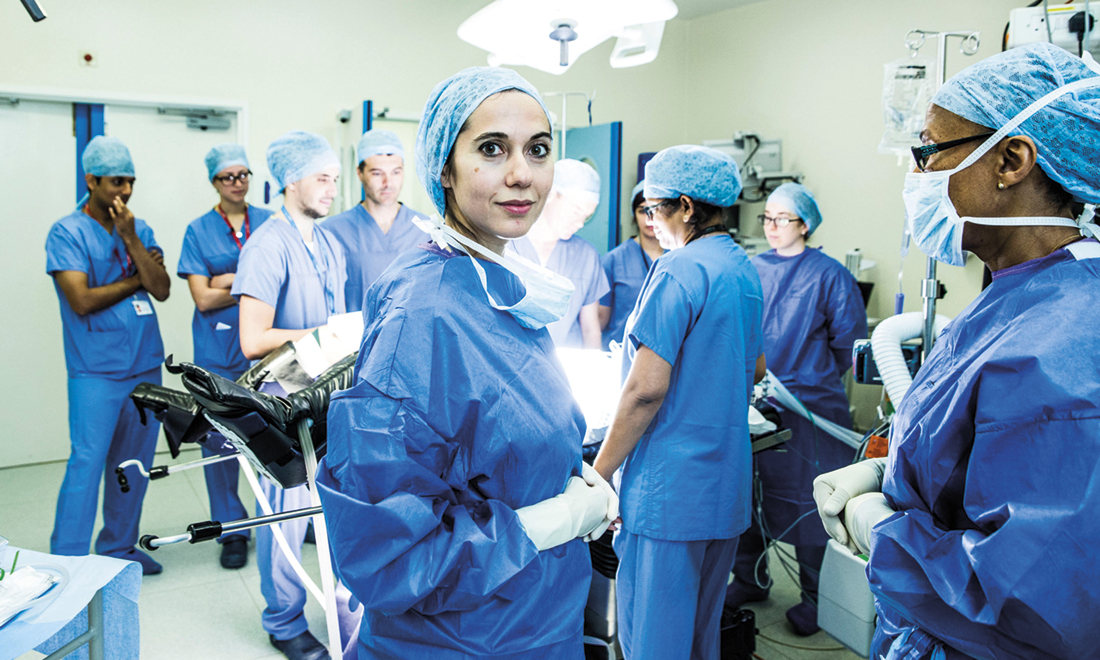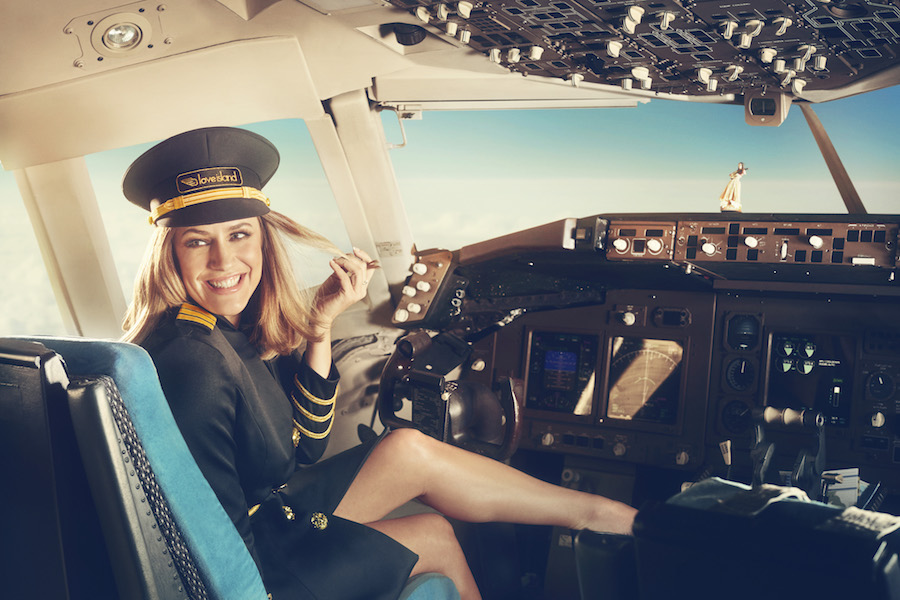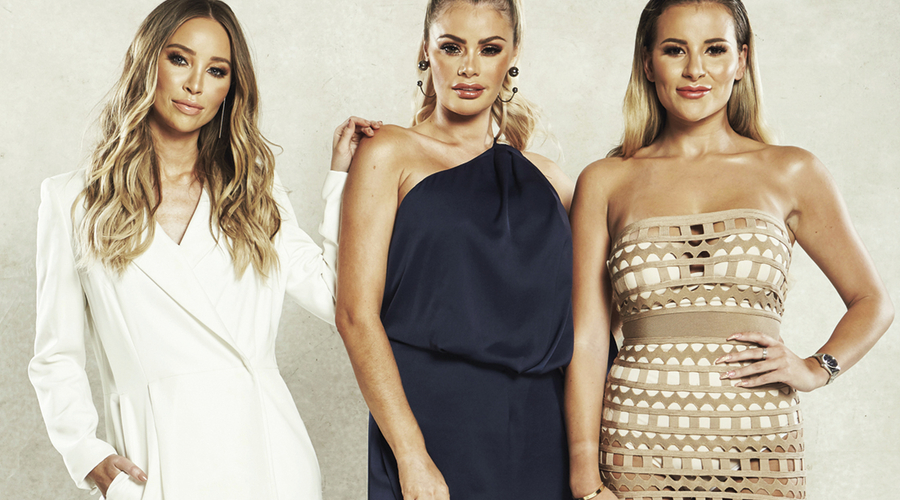Tim Dams asks when it is legitimate for makers of unscripted shows to stage scenes in order to heighten a narrative
There was a press furore last month, when the BBC admitted that a scene showing tribal people living in tree houses was faked by the makers of Human Planet.
A few weeks later, the BBC withdrew the series from distribution after finding a second editorial breach. A scene showing a hunter apparently harpooning a whale was revealed to be inaccurate.
Meanwhile, Sundog Pictures was suspended by the BBC for six months last year after its documentary Hidden Australia: Black in the Outback “knowingly and materially” misled viewers. A sequence that purported to be from a single party was actually filmed over several separate occasions. Widespread press coverage of such incidents appears to demonstrate the outrage that many viewers feel when programme-makers betray their trust.
“Most people watching TV are more than aware when they are being served up something called reality and, conversely, when they are being served up something real"
That could be because, in an era of fake news and data harvesting by tech giants, TV has emerged as one of the most-trusted forms of media.
Ofcom CEO Sharon White said in a recent speech that eight in 10 viewers believe public service broadcasters deliver high-quality shows. “Amid the volatile seas of politics and technology, our public service broadcasters remain a trusted port of call for people seeking fairness, accuracy, insight and impartiality,” she said.
Nevertheless, there is a widespread awareness in the TV industry – and among viewers themselves – that some factual programmes are more truthful than others.
The factual genre now encompasses a huge variety of programmes – from constructed reality such as The Only Way Is Essex and Made in Chelsea at one extreme, through the likes of Love Island and The Apprentice and other factual entertainment shows to blue-chip documentary series, such as 24 Hours in Police Custody and Hospital.
In each case, different programme-making rules apply. While it’s OK to “construct” reality in The Only Way Is Essex, it’s a complete no-no for a serious documentary to do so.

Audiences are sophisticated and understand the difference between the many varieties of factual shows, reckon programme-makers. “People take constructed reality with a pinch of salt – they are wise to it,” says Leila Monks, co-founder of Antidote Productions, which has produced highly regarded docs such as BBC One’s Addicted: Last Chance Mums and Professor Green: Suicide and Me. “But there is no way we could, or would, twist things for dramatic effect in our films.”
“Most people watching TV are more than aware when they are being served up something called reality and, conversely, when they are being served up something real,” says Simon Dickson, creative director of Label1, which makes BBC Two’s acclaimed Hospital.
He says some of Hospital’s most compelling scenes involve doctors arguing in corridors about which patient will get the one remaining bed. “It is not Love Island – it is not steroidal storytelling. It is very low-battery stuff. But it is incredibly revealing.”
“The grammar of television has changed, but I think the viewer has come along with it...They are a very wise audience, they are aware of all the tricks.”
The executive in charge of Love Island, ITV Studios’ creative director for entertainment, Richard Cowles, points out that there is a big distinction between the two kinds of shows. Love Island is a construct that creates an “arena” specially for the show, while an observational documentary follows people in a real environment.
The Love Island production team “shapes stories”, says Cowles, but doesn’t script them, because it is important for the participants’ relationships to be wholly authentic.
He uses the phrase “accelerated reality” to describe the show. Love Island controls the pace of the stories, accelerating or slowing them down. Participants can talk to producers off camera about how they are feeling and explore what they might want to do about it.
Other traditional reality tools will also guarantee drama, such as putting contestants in a situation where they have to make a choice.
All this is fine, because Love Island is a construct, the producers set the rules, and the cast know what they are stepping into.
“The grammar of television has changed, but I think the viewer has come along with it,” says Cowles. The young viewers who enjoy such shows are, after all, the Instagram generation: “They are a very wise audience, they are aware of all the tricks.”
“We don’t have to try particularly hard to make Hospital dramatic. The challenge comes in making sure it is complicated, subtle and sophisticated.”
Still, he believes that it is important not to mislead viewers. The programme still has a duty to represent people fairly. “We do lots of research with audiences about the show,” says the ITV executive. “The key thing that always comes through is authenticity. They don’t want to feel it is fake. In terms of their generation, the word fake is probably the biggest insult they can give one another.”
Is there a danger, however, that these kinds of techniques are spilling over into all areas of factual programming?
BBC guidelines are clear that factual producers should not stage action or events that are significant to the development of the narrative. The BBC’s natural history guidance is a bit broader. In certain cases, for example, the corporation accepts that there can be an editorial justification for using captive animals to portray what might happen in the wild. But they insist: “We must never claim that such sequences were shot in the actual location depicted in the film.”

Channel 4’s guidelines also take a strong line on accuracy: “The truth must not be sacrificed for the sake of a more entertaining programme, if this means cheating the viewer.”
Little wonder, then, that Label1’s Dickson sounds aghast when asked if there are any circumstances when it would be acceptable to script an observational documentary such as Hospital.
“You never recreate or, indeed, artificially create or extend or expand actuality,” he says. “We don’t have to try particularly hard to make Hospital dramatic. The challenge comes in making sure it is complicated, subtle and sophisticated.”
The UK is considered pretty rigorous about factual accuracy in programmes, certainly compared with the US, where many high-profile reality shows are considered works of fiction rather than fact.
Still, there are concerns about the trustworthiness of some factual programmes in the UK. “Lots of things have changed in terms of the standards and the way people behave. It’s all much looser and freer and wilder than it used to be,” says Sue Bourne, the director of such acclaimed single documentaries as A Time To Live and The Age of Loneliness.
Greater competition for viewers, high broadcaster expectations and falling budgets have all coalesced, putting pressure on factual programme-makers. “Production companies, and young people who are out on the road and who haven’t got much experience, are probably being put under quite a lot of pressure to make particular storylines deliver,” Bourne suggests. “The one thing broadcasters know about me is that I am very protective of the people who are in my films. Out in the field, you get people to agree to take part in your films because they trust you, and you can’t ever betray that trust.”
Dickson accepts that “British factual television is among the best in the world”. But, he says, many programmes are derivative and don’t reflect the true complexity of life. He cites the simplistic “time’s running out” narrative structure that is so prevalent in factual TV.
He clearly speaks for many documentary-makers when he adds that he’s never felt the need to artificially inflate the drama in his documentaries. Human life is already full of drama, he argues: “I am in the business of documentaries because every single day you come across things that, literally, could not be made up.”






